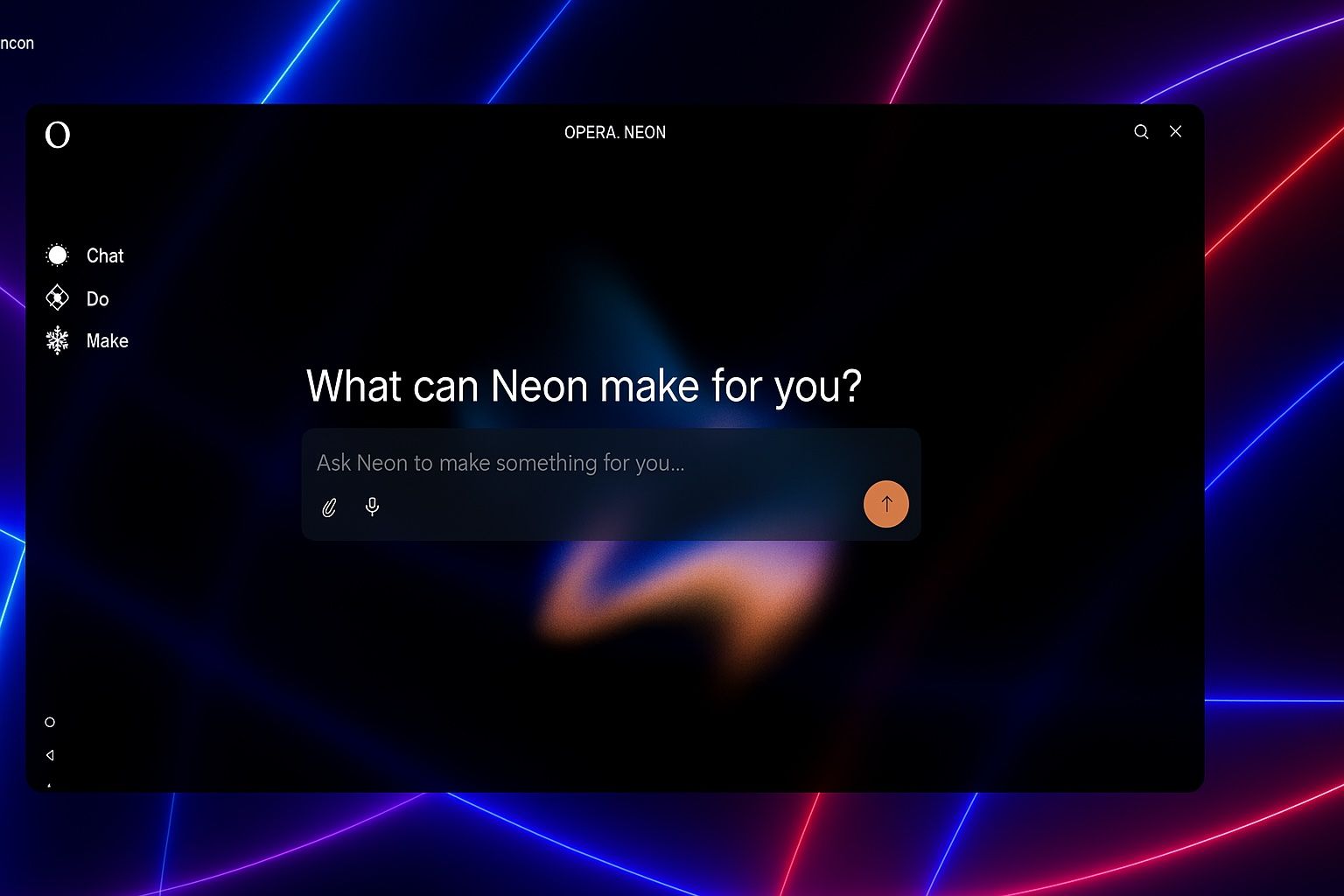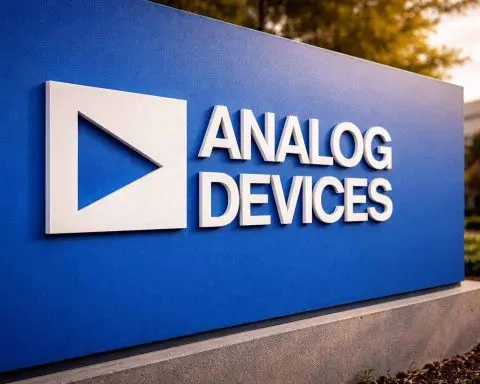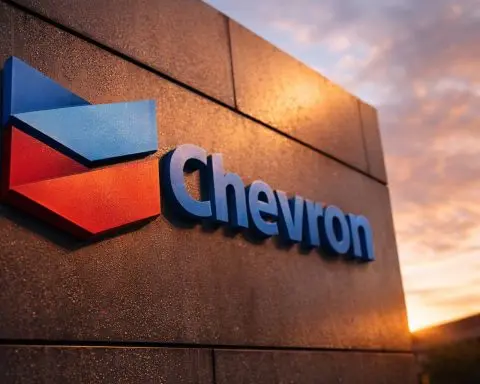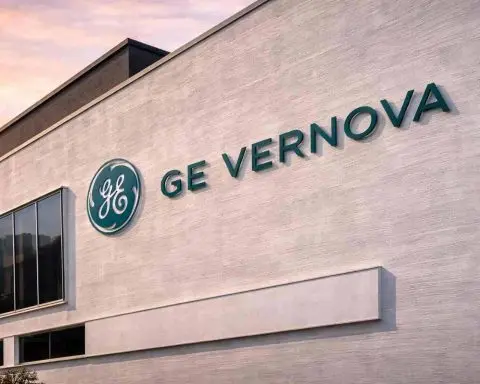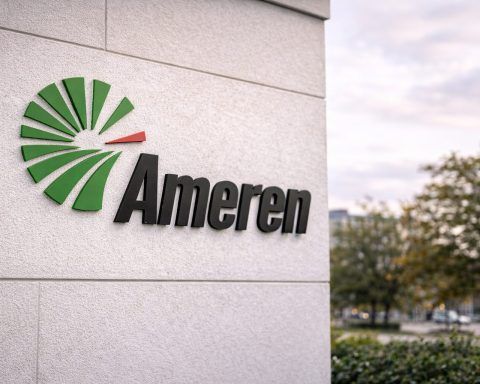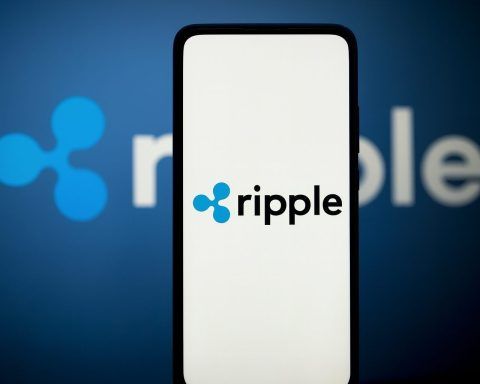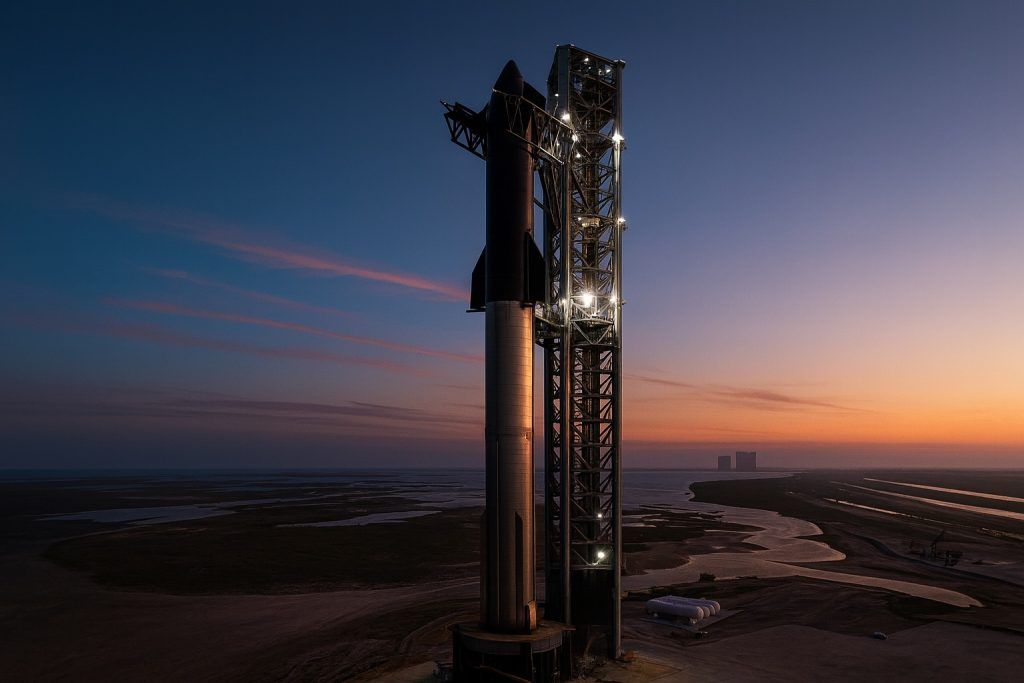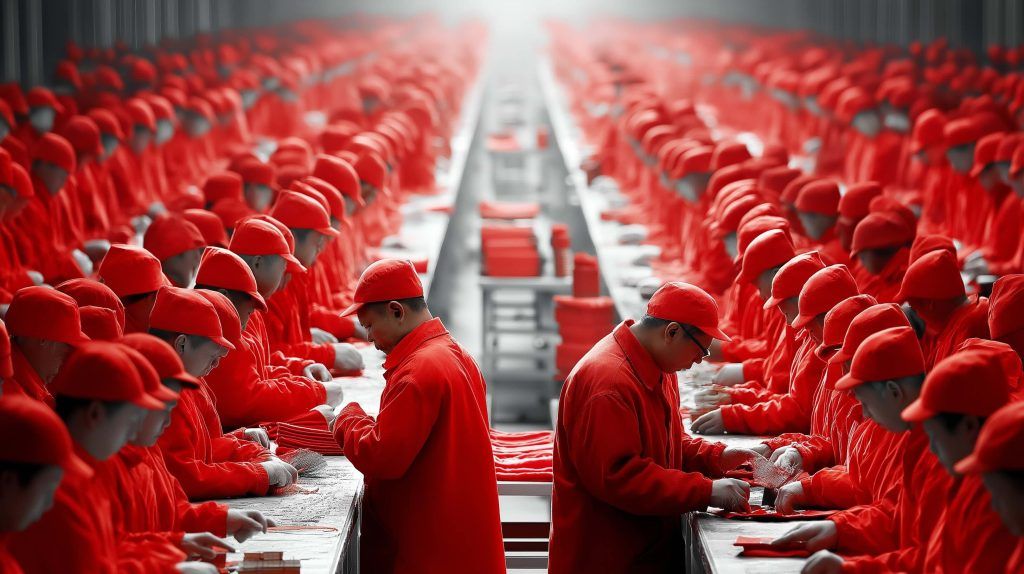- Launch & Pricing: On Sept. 30, 2025, Opera rolled out Neon, an agentic AI-powered web browser. It’s currently in early-access mode (invite-only) and costs $19.99 per month techcrunch.com.
- AI Agents: Neon isn’t just Chrome with chat – it has built-in AI agents. A chatbot can answer your queries with full awareness of your browsing context, and “Neon Do” can actually perform tasks in the browser (e.g. filling out forms, ordering groceries, summarizing articles) on your behalf techcrunch.com reuters.com.
- Cards & Tasks: Neon introduces Cards and Tasks to automate workflows. Cards are reusable AI prompts (like an “IFTTT for AI”) that you can combine to build custom tools (for example, pairing a “pull-details” card with a “comparison-table” card to compare products) techcrunch.com. Tasks are context-aware workspaces – essentially mini-browser sessions where related tabs and AI chats are grouped by project techcrunch.com.
- Built-in “Make” Tool: Neon even includes a Make feature: an AI builder that can create websites, games, videos or other projects from a description. According to Opera, Make can continue working offline on a cloud machine and outputs editable source files you can customize later ghacks.net.
- Privacy-First Design: Opera stresses that all Neon’s AI processing happens locally on your device (no data sent to external clouds) reuters.com. User logins and form entries stay on-device (cleared after 30 days), and Neon’s servers are in Europe – an architecture meant to appeal to privacy-conscious users under strict EU regulations reuters.com ghacks.net.
- Power-User Subscription: Opera is marketing Neon as a premium browser for “power users”, not a free mass-market product reuters.com. Early access invites are being sent to select users, with a broader rollout to follow techcrunch.com reuters.com.
- Heavy Competition: Neon enters an already-crowded field of AI browsers. Recent alternatives include Perplexity’s Comet, OpenAI’s ChatGPT Agent, and The Browser Company’s Dia (Arc). Even mainstream players are rushing in: Google is adding Gemini AI to Chrome and Microsoft has an “AI Copilot” mode in Edge theverge.com windowscentral.com. As one Windows Central editor quipped, Neon joins “an ever-growing market of ‘AI browsers’ that nobody asked for” windowscentral.com.
Opera Neon’s debut signals a bold gamble: the company calls it its “first fully agentic browser,” designed to “browse with you or for you” and handle tasks instead of just displaying pages blogs.opera.com. In Opera’s vision (coined the “agentic web” or “Web 4o”), AI agents in the browser could plan trips, shop online, or even build things on your behalf – not just fetch information blogs.opera.com blogs.opera.com. EVP Krystian Kolondra explains that Opera “built [Neon] for ourselves – and for everyone who uses AI extensively in their day-to-day life” techcrunch.com, underscoring that the browser targets users who want more than a simple search chat.
AI-Powered “Agents” and Workflow Tools
Under the hood, Neon combines several layers of AI. A built-in Chat assistant works like ChatGPT integrated into the browser: it can search the web, see what page you’re on, and give answers with up-to-date info. But Neon’s standout is Neon Do – an AI agent that can navigate the web in your session and carry out multi-step instructions. For example, Opera demonstrates asking Neon Do to “find the best deals on a camera”: it would open tabs, compare prices across stores, even fill out purchase forms, all while asking for your permission before any payment techcrunch.com reuters.com. Reviewer Jason England (Tom’s Guide) notes Neon Do can “fill in forms, book trips and even do shopping for you – all while ‘preserving your security and privacy’” tomsguide.com.
Neon keeps track of your browsing context: because it knows what pages and logins you have open, it can, for example, pull details from a YouTube video you watched last week or a newsletter you read yesterday. It can also generate code: Opera notes Neon can write snippets for reports or data visualization on the fly (e.g. “pull details from tab A, chart them in tab B” is possible) techcrunch.com reuters.com. In short, Neon aims to let users speak or write commands and have the browser act on them – truly “doing” web tasks, not just returning links.
To manage these AI tasks, Neon introduces Tasks and Cards. Tasks are like project folders: each Task is a separate workspace that holds related tabs, chats, and actions so the AI doesn’t mix up contexts. (Opera likens it to giving Neon a “mini-browser” for each project) tomsguide.com reuters.com. Cards are reusable prompt templates – imagine saving a custom AI prompt (or using one created by others) that you can re-run anytime. You might have a “product comparison” card or a “summarize and post” card, and you can drag-and-drop or chain cards together. As Opera’s blog describes, Cards form an “IFTTT of AI prompting,” and users can mix cards like “pull-details” with “comparison-table” to automate complex comparisons techcrunch.com tomsguide.com. (Chrome’s new AI sidebar and Arc Browser’s workspaces hint at similar ideas, but Opera emphasizes these as core built-in tools.)
Finally, Opera Neon even features a “Make” mode for creative output: feed it a description and it will generate websites, mini-games, videos or other digital creations. Ghacks Tech News reports that Make works offline and produces full source code/files you can edit later ghacks.net. This goes beyond anything in traditional browsers – it’s like having an AI-powered coding assistant built into your browser, capable of multi-tasking: Opera shows Neon handling two Make requests in parallel.
Subscription Model & Availability
Unlike free AI add-ons, Neon itself is a paid product. Opera states upfront that Neon is a premium browser for power users reuters.com. Access is currently limited: interested users can join a waitlist at operaneon.com, and Opera is trickling out invites to its preview program techcrunch.com theverge.com. If you get in, you must pay ~$20/month for Neon’s AI features – the browser shell alone (tabs, bookmarks, etc.) remains free, but all the AI agents and automation require the subscription tomsguide.com. (In other words, Opera is bundling Chrome-like functionality into a free browser, but only letting paying customers use the smart AI tools.)
This pricing is a clear differentiation. As Windows Central notes, most rival AI browsers or modes are free – Google Chrome will soon add its own Gemini AI features without extra charge, and Microsoft’s Edge Copilot Mode is free for Windows users windowscentral.com windowscentral.com. By contrast, Neon’s $20 fee “is always going to be a steep ask” for many users tomsguide.com. Opera is banking on convincing “power users” that the convenience and local privacy of Neon are worth paying for. One Tom’s Guide reviewer observes: “If something is free, you are the product,” implying that Neon’s local AI (no data sent to Google) offers a tradeoff – though for now, Opera’s focus is simply on experimenting with the business model for agentic browsing tomsguide.com windowscentral.com.
The AI Browser Race
Opera Neon’s launch is part of a broader trend. Over the past year, several new AI browsers have emerged. In July 2025 Perplexity unveiled Comet, an AI browser focused on research. OpenAI introduced a ChatGPT Agent mode (formerly “Operator”) that lets ChatGPT browse the web and execute tasks in a separate window. The Browser Company (maker of Arc browser) launched Dia, and was recently acquired by Atlassian, signaling big tech interest. Meanwhile, the two biggest players have poured AI into their flagship browsers: Google has integrated its Gemini AI into Chrome to manage tabs and tasks theverge.com windowscentral.com, and Microsoft rolled out new Copilot features in Edge.
Opera’s entry is notable for fully betting on the agentic angle. It echoes Opera’s own recent research (its 2025 “Browser Operator” initiative) in turning the browser into a doer, not just a viewer. Industry watchers point out that Neon’s capabilities are essentially assembling ideas from all sides – AI chat, automated workflows, coding assistance – into one package. Whether this makes Neon indispensable remains to be seen. As one commentator puts it, Opera is offering “the next generation of web browsers” – a tool that could help users work through the internet’s chaos by sending an AI assistant to do some of the legwork tomsguide.com. But others remain skeptical: with Chrome and Comet promising similar features for free, many question if a separate $20 browser can win broad appeal windowscentral.com tomsguide.com.
In summary, Opera Neon is a bold experiment: a subscription-only browser built around AI agents that act on your behalf. It packs unique features (Cards, Tasks, Make) and stresses on-device privacy to differentiate itself. It may appeal to AI enthusiasts and professionals who want to streamline research, coding or repetitive browsing chores. For the average user, its value will hinge on whether the convenience of letting Neon do things truly outweighs the cost – a question that only real-world use will answer.
Sources: Opera’s announcements and demos techcrunch.com blogs.opera.com; tech press coverage from Reuters reuters.com, TechCrunch techcrunch.com, The Verge theverge.com, Windows Central windowscentral.com, Tom’s Guide tomsguide.com tomsguide.com, and others. These detail Neon’s features, pricing, and the competitive landscape of AI browsers techcrunch.com reuters.com theverge.com windowscentral.com.
